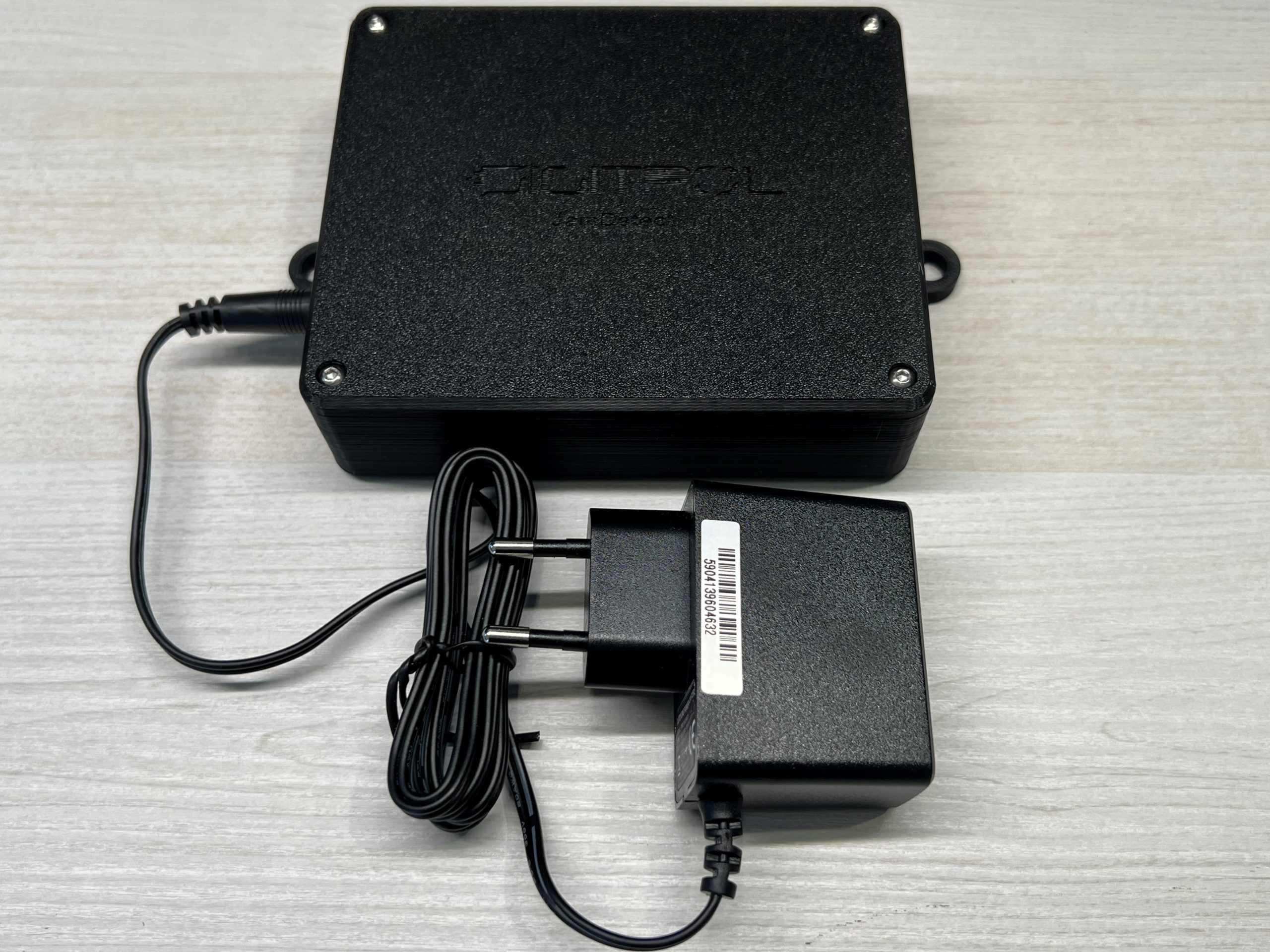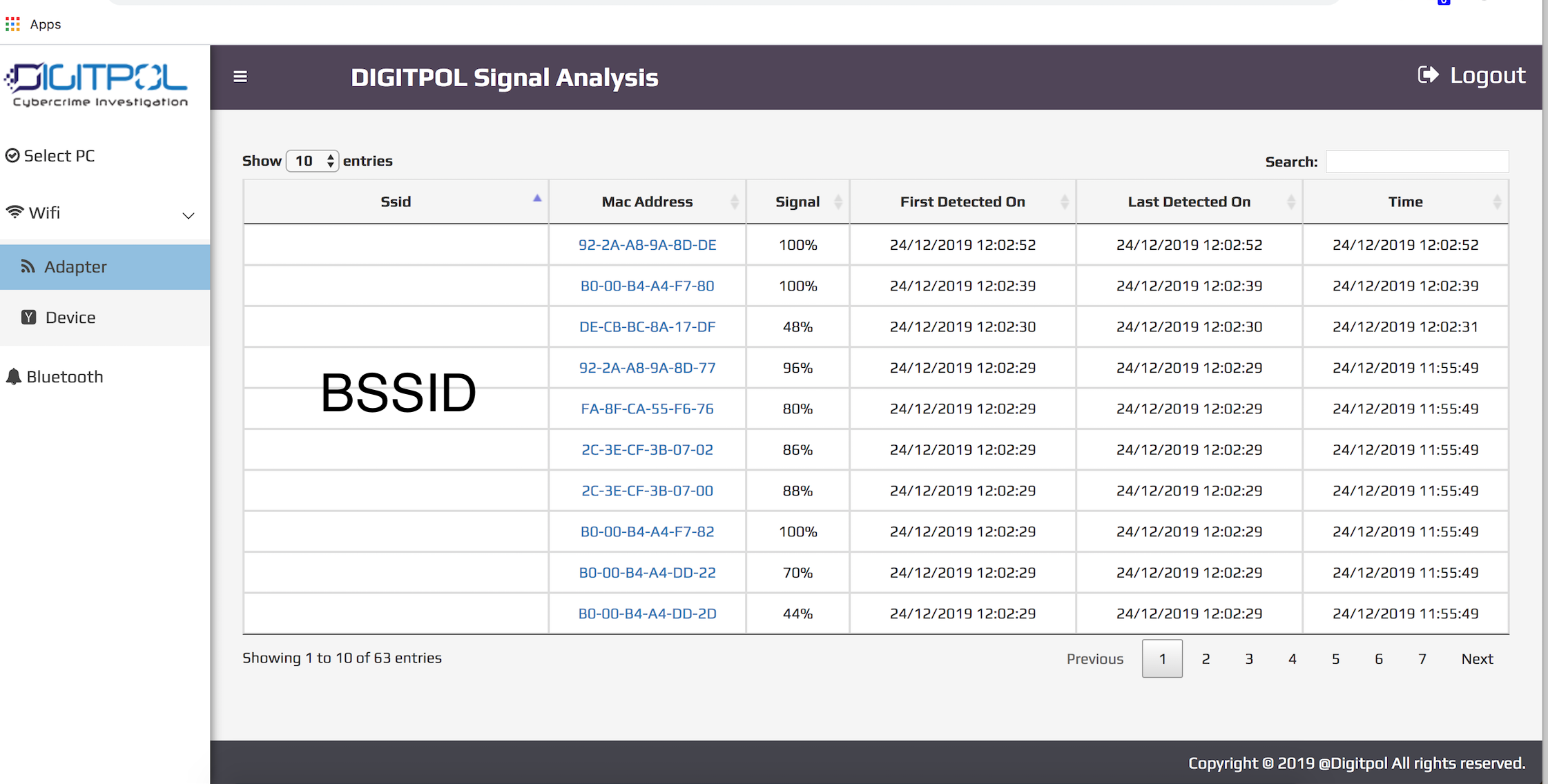WiFi Signal Analysis
Digitpol’s Wi-Fi Signal Analysis Probe is an advanced tool designed to detect Wi-Fi snooping, payload injection, rogue devices, and wireless surveillance within seconds. It has successfully thwarted thousands of hacking attempts targeting business networks and devices. The probe transmits data to a secure cloud platform for real-time analysis, allowing investigators to monitor activity remotely.
Wi-Fi-based attacks are significantly more prevalent on corporate networks than on personal ones and have been uncovered during major investigations. Digitpol’s Wi-Fi specialists anticipate a continued rise in over-the-air attacks on Wi-Fi and IoT devices. To address this, Digitpol is actively conducting Wi-Fi audits for businesses across Europe. These audits assess factors such as the number of connected devices, network traffic, authorized Wi-Fi hardware, security vulnerabilities, unauthorized access, and the need for immediate upgrades.
Audits have revealed widespread issues including outdated firmware enabling remote access, compromised or hijacked routers, modified firmware, numerous unauthorized connections, and active interception attempts.
Hidden Wi-Fi networks pose a serious risk within commercial organizations and government entities, making ongoing monitoring essential.


